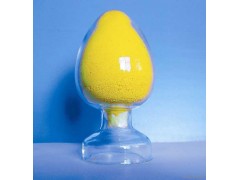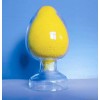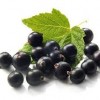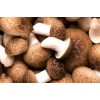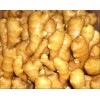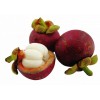Product Name:Quercetin
Synonym(s):2-(3,4-dihydroxyphenyl)- 3,5,7-trihydroxy-4H-chromen-4-one
Specification: 98%
Test method: By HPLC
Molecular Formula:C15H10O
Molecular Weight: 302.23
CAS Registry Number: 117-39-5
Biological Use/
quercetin is a potent antioxidant and has anti-inflammatory activity, protecting cellular structures and blood vessels from the damaging effects of free radicals. It improves blood vessel strength. Quercetin inhibits the activity of catechol-O-methyltransferase that breaks down the neurotransmitter norepinephrine. This effect may lead to elevated levels of norepinephrine and an increase in energy expenditure and fat oxidation. It also means quercetin acts as an antihistamine leading to relief of allergies and asthma. As an antioxidant, it reduces LDL cholesterol and offers protection from heart disease. Quercetin blocks an enzyme that leads to accumulation of sorbitol, which has been
Functions:
1, Quercetin may expel phlegm and arrest coughing, it can also be used as anti-asthmatic.
2, Quercetin has anticancer activity, inhibits PI3-kinase activity and slightly inhibits PIP Kinase activity, reduces cancer cell growth via type II estrogen receptors.
3, Quercetin may inhibit histamine release from basophils and mast cells.
4, Quercetin may control the spread of certain viruses within the body. 5, Quercetin may help reduce tissue destruction.
6, Quercetin may also be beneficial in the treatment of dysentery, gout, and psoriasis
Package&Storage:
Paperboard barrel lined with two-layer polyethylene film bag;
Tightly sealed in a clean,cool,dry area, keep away from strong, direct light.

